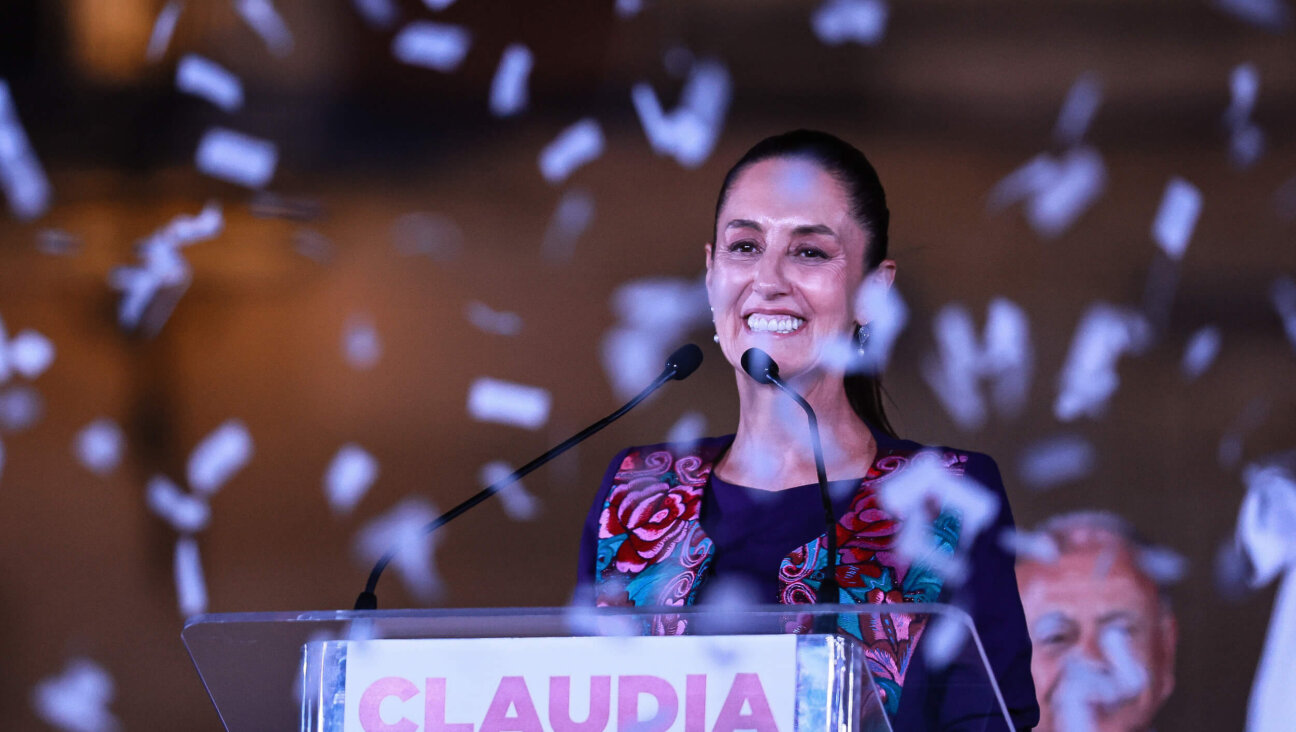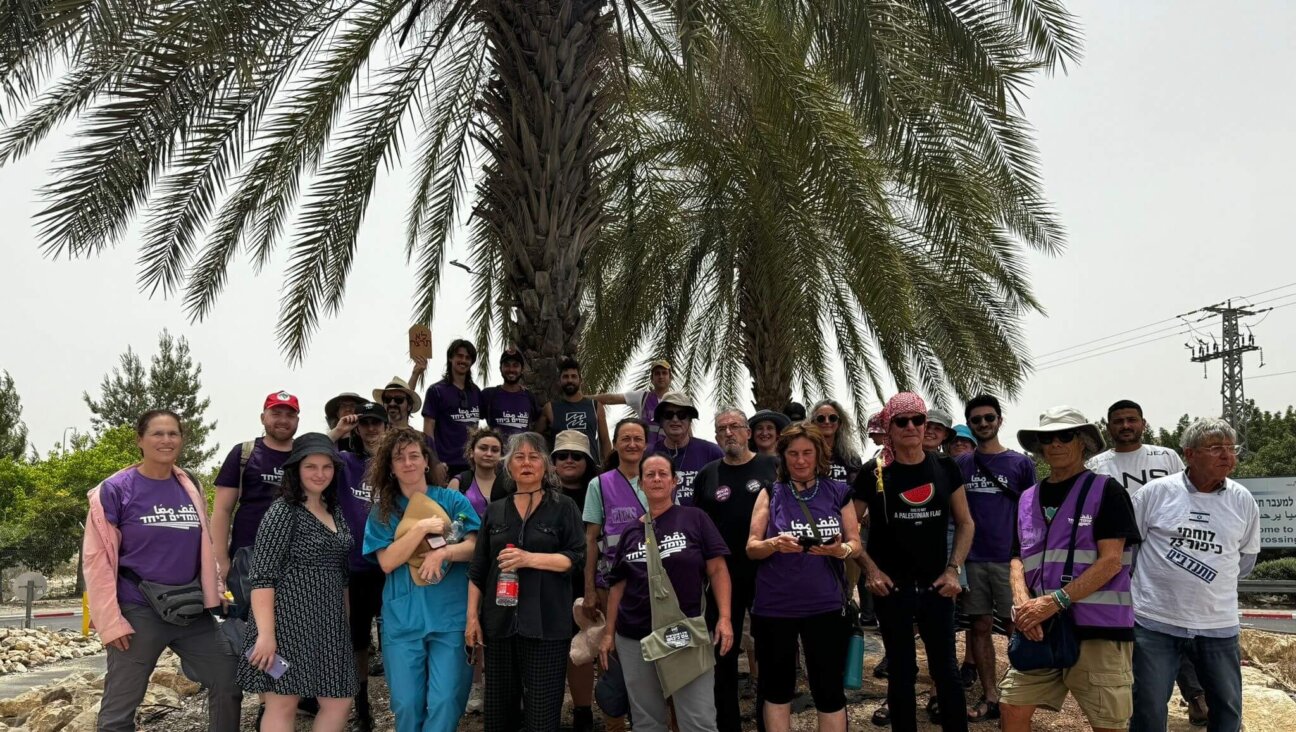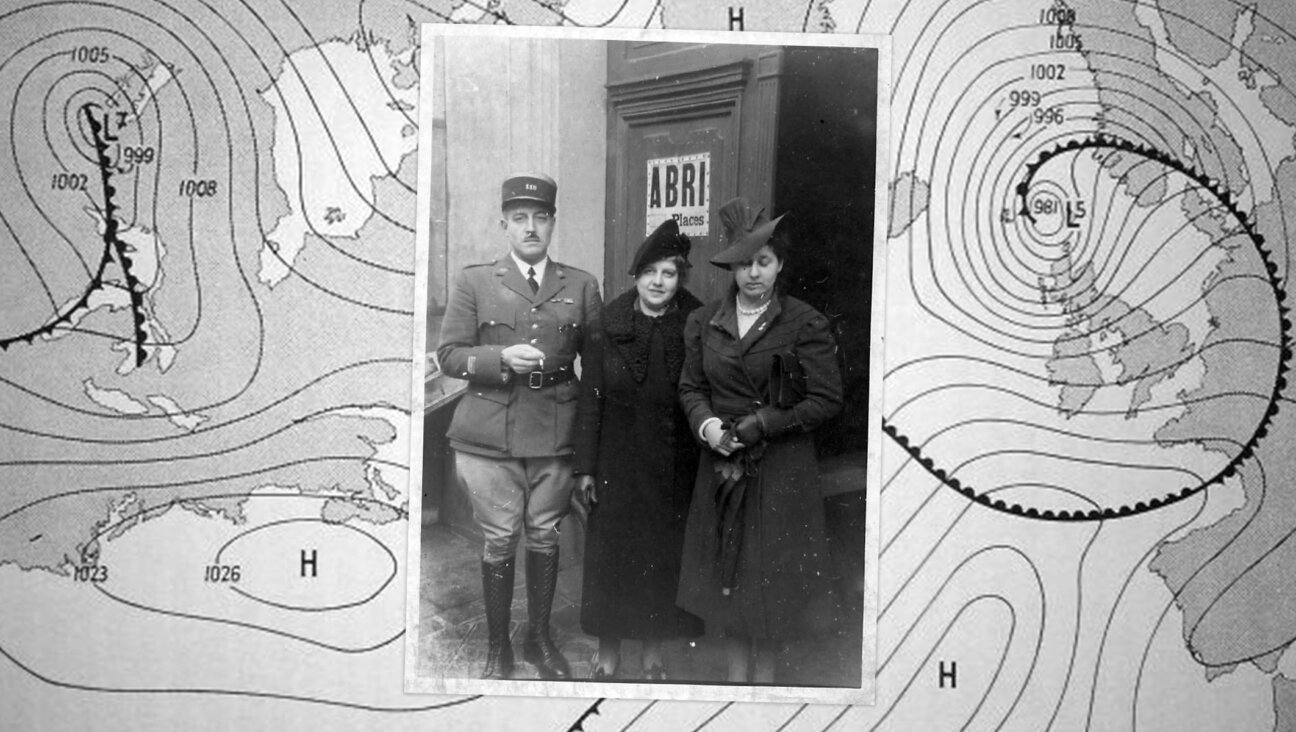How (Not) To Wield Jewish Privilege in Israel

Image by Nikki Casey
As Israel reels from yet another rightward lurch in its governing coalition, the question again arises: Can the first Jewish state in thousands of years be democratic and liberal while retaining its distinct religious and ethnic character?
Even as staunch a defender of the Zionist enterprise as Moshe Ya’alon is uncertain of the answer. In his scathing announcement last month that he was resigning as defense minister, Ya’alon noted grimly: “In general, Israeli society is a healthy society, and the majority of it is sane and aims for a Jewish, democratic and liberal country. But to my great sorrow, extremist and dangerous elements have taken over Israel and the Likud Party and are shaking the foundations and threatening to hurt its residents.”
In decrying the “extremism, violence and racism” in Israeli society, Ya’alon, a tough-minded career general, became an unlikely spokesman for a swelling anxiety that Jewish sovereignty is leading to a Jewish intolerance that is, in turn, incompatible with democracy and liberalism.
It’s not a new worry — the tension between maintaining a state that privileges Jews while simultaneously giving equal rights to non-Jews is baked into Zionism’s foundation. Nor is this tension unique to Israel. Muslims are given preferential treatment in many majority Muslim countries, such as Saudi Arabia and the Emirates. Nearly all Catholic states in Latin America give preferential treatment to the Catholic Church. And so on.
But excusing intolerance because others practice it is the wrong answer. I’ll go further: Asking whether Israel can be Jewish, democratic and liberal is the wrong question, because that assumes those three values are incompatible. The more precise question is this: What kind of Jewish state does Israel want to be?
A state that places a particular brand of Judaism first and everyone and everything else a distant second, transforming the idea of a chosen people into a ruthless governing philosophy? Or a state built on the scaffolding of the highest ethical and moral standards that are laced through the Jewish narrative from its beginning?
Both approaches are intrinsic to the religion; both alive in Israel today. It all depends on how we choose to read Jewish text, elevate Jewish values and interpret Jewish tradition.
As Donniel Hartman, president of the Shalom Hartman Institute, writes in his new book, “Putting God Second”: “The same sacred scripture that teaches me to love the stranger teaches that the abolishment of slavery is an idea whose time has yet to come. The same scripture that teaches that all human beings are created in the image of God provides an ideological safety net for the self-interests of the chosen.”
Sadly, we see more and more Israelis clinging to that net. The Pew Research Center’s release in March of a comprehensive study of Israeli attitudes and practices found that nearly half of its Jews favored the transfer or expulsion of Arabs.
And while most Jews across the religious spectrum agree in principle that Israel can be both a democracy and a Jewish state, the study found that they are at odds about what should happen if democratic decision-making collides with Jewish law. Most secular Jews say democratic principles take priority, while a large share of Israel’s growing ultra-Orthodox population says the opposite.
This link between religiosity and political extremism was concretized by sociologist Steven M. Cohen in further analysis of the Pew study conducted for the Forward. Cohen created an “exclusivity index” with data from the transfer question and another that asked whether Jews deserve preferential treatment in Israel. In both measures, Orthodox Jews scored much higher than secular ones.
As our Naomi Zeveloff explained in an excellent story about this analysis, this nexus between Orthodoxy and extremist views did not always exist, even in Israel. In the early decades of the state, moderation and pragmatism governed attitudes toward the indigenous Arab population, and — as witnessed by two peace treaties signed with former enemies — with Arab neighbors as well.
Today, most Israeli Jews don’t view themselves as intolerant, but that’s because they don’t experience their society as Arabs do. In a new analysis of the study by Pew, 79% of Arabs see “a lot” of discrimination against Muslims in Israel, while only 21% of Jews do.
The data also show that Israeli Jews are much more likely to perceive anti-Semitism around the world than discrimination at home.
That is often the lot of the privileged, to be oblivious to the preferential status you enjoy in society, either unwittingly or purposely. (Think of how “oppressed” many white Americans feel.) It’s a new perspective for Jews in part because political sovereignty is such a relatively new experience for us.
But that is why the frightening slip toward intolerance in Israel must be arrested before it metastasizes any further. To do that, we must reject the false choice that Judaism can’t exist beside democracy and liberalism, and instead pursue the Judaism that is democratic and liberal — not the religious triumphalism of the five books of Moses, but the ethical instructions of the prophets.
In his book, Hartman writes that “it is time for religion to shine a spotlight on itself,” to hold itself accountable for the excesses and violence and intolerance practiced in its name. Israel is synonymous with religion for so many American Jews; it’s a cornerstone of identity. We must do all we can, here and there, to insist that a liberal and democratic Judaism is also authentic, and that Jewish privilege should only be used to pursue those values — not to diminish the lives of others.
























